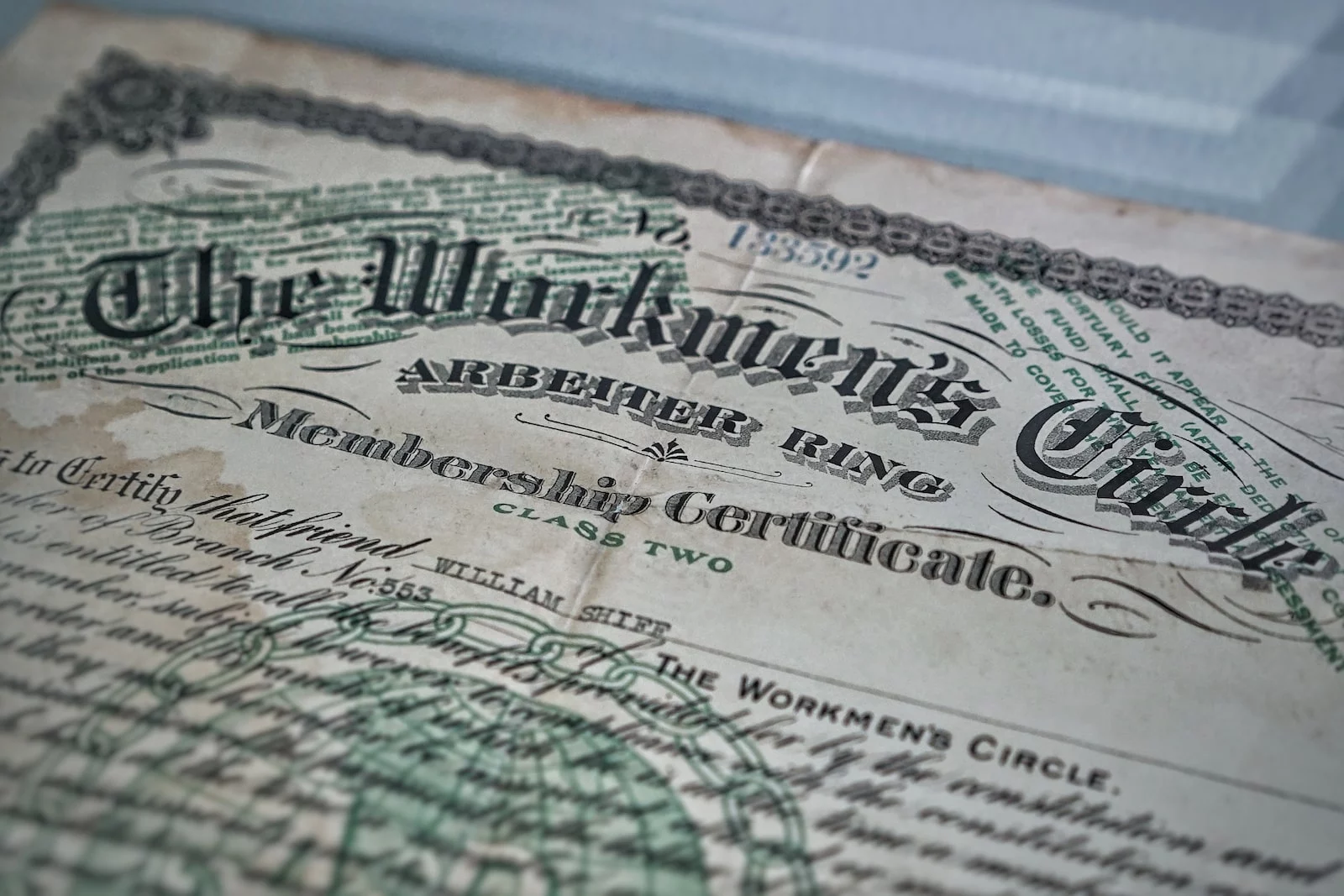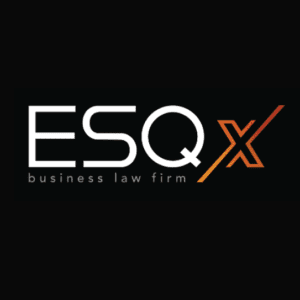The history of the corporation goes back several hundred years. Traditionally, as investors coalesced around new enterprises, often in foreign lands (see the British East India Company) they agreed to certain rituals, practices, and artifacts in the name of establishing their new enterprise. Many of these unique characteristics persist to this day, such as the stock certificate. As a new business owner, you may be wondering how to handle them.
Purpose of Stock Certificates
The stock certificate was created to allow shareholders of a corporation to easily identify their ownership by presenting a physical document bearing their name. Thus, corporations began issuing physical certificates to their investors. This practice persisted for hundreds of years without anyone giving it much thought.
Recent Changes
However, in recent years, many corporations have changed how they tabulate ownership shares by maintaining a registry or ledger, eschewing the once-dominant practice of issuing physical certificates. You may already be experiencing this phenomenon if you have ever purchased a stock in the past. Other than your login credentials and a few emails, how can you prove you actually own the 20,000 shares of Sbarro Pizza stock that you claim to own (we won’t judge). The simple answer is that your brokerage is working with those companies to verify your identity to the corporations themselves, who are keeping your information in a ledger. You almost certainly do not possess any physical papers proving your ownership. If you are an entrepreneur or someone starting a closely-held start up, this reduction in paperwork is a positive trend. It eliminates the hassle of printing out certificates and mailing them to shareholders.
So, Must You Issue Stock Certificates?
Heck no! Maintaining an electronic share register in Excel or another program is way more efficient than printing and mailing certificates. You don’t even have to send virtual certificates via PDF. Furthermore, not issuing certificates can eliminate headaches when shares are canceled, sold, or transferred. If this happens and the physical certificates are not returned to the company’s administrator or destroyed, shareholders may attempt to argue that they have ownership in the company even though those rights were terminated long ago.
Keep it Simple
We have never actually witnessed a client use a stock certificate. We think it would be really interesting if they did, just as we love watching black and white footage of early “flying machines,” hearing our parents talk about party line phones, and listening to the sound of an AOL dialup modem. In short, while you can create a physical certificate if you choose, it is by no means required and it probably is never the right option. Just maintain an electronic share register and thank yourself later.






